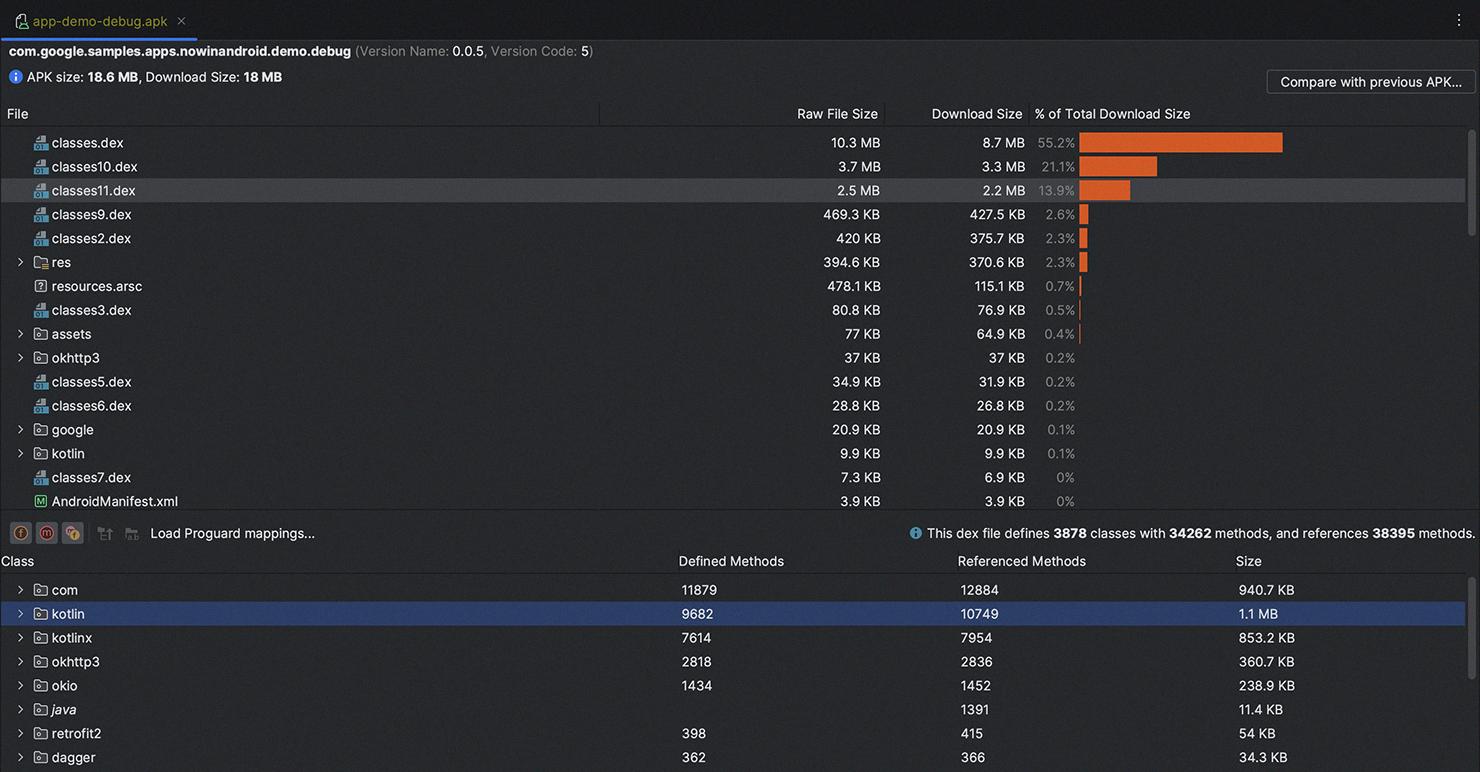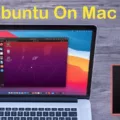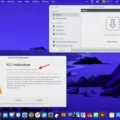Android Studio is a widely used Integrated Development Environment (IDE) for Android app development. As an SEO writer, it is important to provide detailed information about Android Studio and compare its performance on both Windows and Linux operating systems.
When it comes to Android development, Linux is often preferred over Windows. One of the main reasons is that Linux runs Java faster, which is essential for developing Android apps. Additionally, many of the development tools, including Android Studio, are written in Java, making Linux a more compatible environment.
Android Studio has certain system requirements that need to be met for optimal performance. For Windows, it is recommended to have a 64-bit Microsoft Windows 8/10/11 operating system, x86_64 CPU architecture (2nd generation Intel Core or newer, or AMD CPU with support for a Windows Hypervisor), and at least 8 GB RAM. A minimum of 8 GB disk space is also required for the IDE, Android SDK, and Android Emulator. The screen resolution should be a minimum of 1280 x 800.
Linux, on the other hand, is considered to be the most effective and impressive operating system for software development. One of the key benefits of Linux is its open-source nature, allowing users to modify it according to their needs and experience. This flexibility makes Linux a popular choice among developers.
In terms of Android Studio, using Linux has its advantages. The open-source nature of Linux allows for better customization and optimization, leading to improved performance. Additionally, Linux provides a more stable and secure environment for development. Developers often find that Android Studio runs faster on Linux compared to Windows.
Another advantage of using Linux for Android development is the absence of issues with USB drivers for devices. Linux has better support for various hardware, making it easier to connect and test Android devices during the development process.
However, it is important to note that Android Studio is also compatible with Windows, and many developers still choose to use it on this operating system. Windows provides a familiar interface for developers and has a larger user base, which can be advantageous for collaboration and support.
Both Windows and Linux can be used for Android app development using Android Studio. Linux is favored for its faster Java performance, open-source nature, and better customization options. However, Windows remains a popular choice due to its user-friendly interface and larger user base. Ultimately, the choice between Windows and Linux depends on the developer’s preferences and requirements.
Which is Better for Android Development Linux or Windows?
When it comes to Android development, Linux is generally considered the better option compared to Windows. There are several reasons for this preference:
1. Java Performance: Android applications are primarily written in Java, and Linux is known to run Java faster than Windows. This means that the development process is more efficient on Linux, resulting in quicker compilation and execution times.
2. Development Tools: Many of the popular Android development tools, such as Android Studio, are written in Java. Since Linux runs Java applications seamlessly, it offers a more seamless and integrated development environment for Android developers.
3. Command Line Tools: Linux provides a powerful command line interface, which is essential for many Android development tasks. The command line tools available on Linux offer more flexibility and control compared to Windows, making it easier to manage and build Android projects.
4. Compatibility: Android is built on the Linux kernel, so developing on a Linux environment ensures better compatibility and alignment with the underlying operating system. This can help in avoiding potential issues and ensuring smoother integration with the Android platform.
5. Open Source Community: Linux is an open-source operating system, which fosters a vibrant and active community of developers. Android development on Linux benefits from this extensive community support, as developers can access a wide range of resources, tutorials, and forums for guidance and troubleshooting.
6. Stability and Security: Linux is renowned for its stability and security. With fewer vulnerabilities compared to Windows, Linux provides a more reliable and secure environment for Android development.
Linux is the preferred choice for Android development due to its faster Java performance, compatibility with the Android platform, availability of powerful command line tools, extensive open-source community support, and overall stability and security.

Is Android Studio on Linux Good?
Android Studio is highly regarded as one of the best Integrated Development Environments (IDEs) for Android app development. When it comes to using Android Studio on Linux, it offers several advantages and is considered a good choice for developers. Here’s why:
1. Performance: Android Studio runs faster on Linux compared to other operating systems like Windows. Linux is known for its efficient resource management, which results in smoother and more responsive performance of Android Studio. This can significantly improve the productivity of developers.
2. Compatibility: Linux provides excellent compatibility with Android Studio. The underlying architecture of Linux allows for seamless integration with the tools and libraries required for Android development. This ensures that developers can easily install and configure Android Studio without any compatibility issues.
3. USB Device Support: Android Studio requires proper USB device drivers to connect and test Android applications on physical devices. Unlike Windows, Linux does not have any driver-related problems, as it generally comes with built-in support for a wide range of USB devices. This means that developers can connect their Android devices to Linux machines without any hassle.
4. Open Source Community: Linux has a strong and active open-source community that constantly contributes to the development and improvement of various software, including Android Studio. This ensures that developers using Android Studio on Linux can benefit from the continuous enhancements and updates provided by the community.
5. Command Line Tools: Linux offers powerful command-line tools that complement the functionality of Android Studio. Developers can leverage these tools for tasks like building, debugging, and deploying Android apps, providing them with more flexibility and control over the development process.
Android Studio on Linux is considered good due to its superior performance, compatibility, USB device support, active open-source community, and the availability of powerful command-line tools. These factors make Linux an excellent choice for developers looking to develop Android applications efficiently and effectively.
What is the Recommended System for Android Studio?
The recommended system requirements for Android Studio are as follows:
1. Operating System: 64-bit Microsoft® Windows® 8/10/11.
2. CPU Architecture: x86_64. This means your computer should have a 64-bit processor.
3. CPU Type: 2nd generation Intel Core or newer, or AMD CPU with support for a Windows Hypervisor. This ensures that your processor is capable of running virtualization technology.
4. RAM: 8 GB or more. It is recommended to have at least 8 GB of RAM to ensure smooth performance while running Android Studio and other applications simultaneously.
5. Disk Space: A minimum of 8 GB of available disk space is required to install Android Studio, the Android SDK, and the Android Emulator.
6. Screen Resolution: A minimum screen resolution of 1280 x 800 is recommended for comfortable usage of Android Studio.
Is Linux Better for App Development?
Linux is widely considered to be the superior choice for app development due to a multitude of reasons. Let’s delve into the details:
1. Open-source nature: Linux is an open-source operating system, which means that its source code is freely available to the public. This allows developers to access, modify, and distribute the code as per their requirements. The open-source nature of Linux fosters collaboration and innovation, enabling developers to create highly customized and optimized applications.
2. Stability and reliability: Linux is renowned for its stability and reliability. It is known to have a robust architecture that can handle heavy workloads without crashing or slowing down. This stability is crucial for app development as it ensures that the software being developed is less prone to errors and crashes, resulting in a better user experience.
3. Flexibility and customization: Linux offers unparalleled flexibility and customization options. Developers have the freedom to choose from a wide range of software development tools, libraries, and frameworks that are readily available on Linux. This flexibility allows developers to tailor their development environment to suit their specific needs, ultimately enhancing productivity and efficiency.
4. Security: Linux has a strong reputation for security. Its open-source nature allows for continuous security audits and improvements by a large community of developers. The quick response to any security vulnerabilities ensures that the system remains secure and protected against potential threats. This level of security is of utmost importance when it comes to app development, as it helps safeguard sensitive user data and prevents unauthorized access.
5. Vast community support: Linux has a vast and active community of developers and enthusiasts who are always ready to provide support and assistance. This community-driven support ensures that developers have access to a wealth of knowledge, resources, and troubleshooting tips. The availability of community support can be immensely beneficial for app development, as developers can seek guidance, collaborate, and learn from experienced professionals.
6. Cost-effective: Linux, being an open-source operating system, is free to use. This eliminates the need to purchase expensive licenses, making it a cost-effective choice for app development. Additionally, Linux runs efficiently on older hardware, reducing the need for frequent hardware upgrades, further saving costs.
Linux’s open-source nature, stability, flexibility, security, community support, and cost-effectiveness make it the preferred choice for app development. Its vast range of tools and customization options empowers developers to create high-quality, efficient, and secure applications.
Conclusion
Android Studio is a powerful and efficient integrated development environment (IDE) specifically designed for Android app development. It offers a wide range of features and tools that make the development process seamless and productive. With its support for Java and Kotlin programming languages, developers can easily write and debug code, test their apps, and create visually appealing user interfaces.
One of the key advantages of using Android Studio on Linux is its compatibility and performance. Linux, being an open-source operating system, is favored by developers due to its speed and reliability. Android Studio runs Java faster on Linux, which is crucial for smooth app development. Additionally, many of the development tools, including Android Studio itself, are written in Java, making Linux a preferred choice.
Another benefit of using Android Studio on Linux is the absence of issues with USB drivers. Connecting Android devices to the development environment is hassle-free, ensuring seamless testing and debugging of apps.
Moreover, Linux offers the advantage of being an open-source program. This means that users have the freedom to modify and customize the operating system according to their specific needs and preferences. This level of flexibility is highly valued by developers, allowing them to optimize their development environment and tailor it to their experience.
Android Studio on Linux provides a robust and efficient platform for Android app development. With its powerful features, compatibility, and customization options, it is a preferred choice for developers looking to create high-quality and innovative Android applications.








